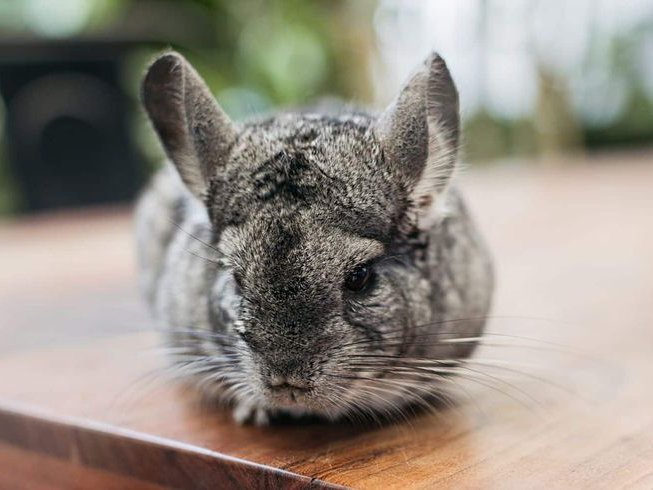From colorful reptiles and tropical birds to sugar gliders and even monkeys, exotic pets have become increasingly popular among animal lovers looking for something unique. But behind the fascination lies an important question: Should exotic animals be kept as pets? While some species adapt well to domestic life, others come with significant ethical, environmental, and health concerns.
This article explores the pros, cons, and important considerations when deciding whether an exotic pet is right for your home.
What Are Exotic Pets?
The term “exotic pet” refers to any animal that is not typically domesticated. This includes:
-
Reptiles (snakes, lizards, turtles)
-
Amphibians (frogs, salamanders)
-
Birds (macaws, cockatoos, toucans)
-
Mammals (ferrets, sugar gliders, hedgehogs, primates)
-
Arachnids (tarantulas, scorpions)
These animals often require specialized care, diets, and environments that differ significantly from traditional pets like dogs and cats.

The Appeal of Exotic Animals
People are often drawn to exotic pets for their beauty, rarity, and novelty. A brightly colored parrot or a sleek ball python can be captivating companions. Additionally, some exotic animals form deep bonds with their owners, offering companionship with a unique twist.
Others enjoy the challenge of caring for a rare species or feel they are rescuing animals from neglectful conditions.
Risks and Challenges
However, owning an exotic animal is not as simple as setting up a cage and feeding it once a day. Here are some of the major challenges involved:
1. Specialized Care Needs
Many exotic animals require temperature-controlled habitats, specific humidity levels, UV lighting, and rare or live food sources. A lack of proper care can quickly lead to illness or death.
2. Legal and Ethical Issues
Laws regarding exotic pet ownership vary widely by location. In some places, it’s illegal to own certain species without a permit. Additionally, the wildlife trade contributes to animal suffering and the decline of endangered species.
3. Zoonotic Disease Risks
Exotic animals can carry diseases that transmit to humans, such as salmonella (from reptiles) or monkeypox (from primates). This risk is higher when the animal was captured from the wild.
4. Behavioral Problems and Longevity
Many exotic pets retain their wild instincts. They may bite, scratch, scream, or act unpredictably. Some, like parrots and tortoises, can live for 50 years or more, requiring a lifelong commitment or rehoming plan.
Alternatives and Responsible Ownership
If you’re still interested in an exotic pet, consider adopting from licensed rescues or sanctuaries rather than purchasing from pet stores or online traders. Research species that are known to adapt well to home should life and avoid animals with complex or dangerous needs.
You can also explore volunteering at zoos or wildlife centers, where you can interact with exotic animals in ethical, educational ways.
Final Thoughts
Should exotic pets be kept in homes? The answer depends on the species, the owner’s knowledge and resources, and ethical considerations. While some animals thrive in domestic environments, many others suffer due to a lack of proper care, social interaction, or freedom.
Ultimately, responsible exotic pet ownership means prioritizing the animal’s welfare over human curiosity. If you’re considering one, take time to learn, prepare, and make the most humane choice.
Learn More
For ethical guidelines and exotic pet laws in your area, visit the Humane Society of the United States or consult your local wildlife agency.

